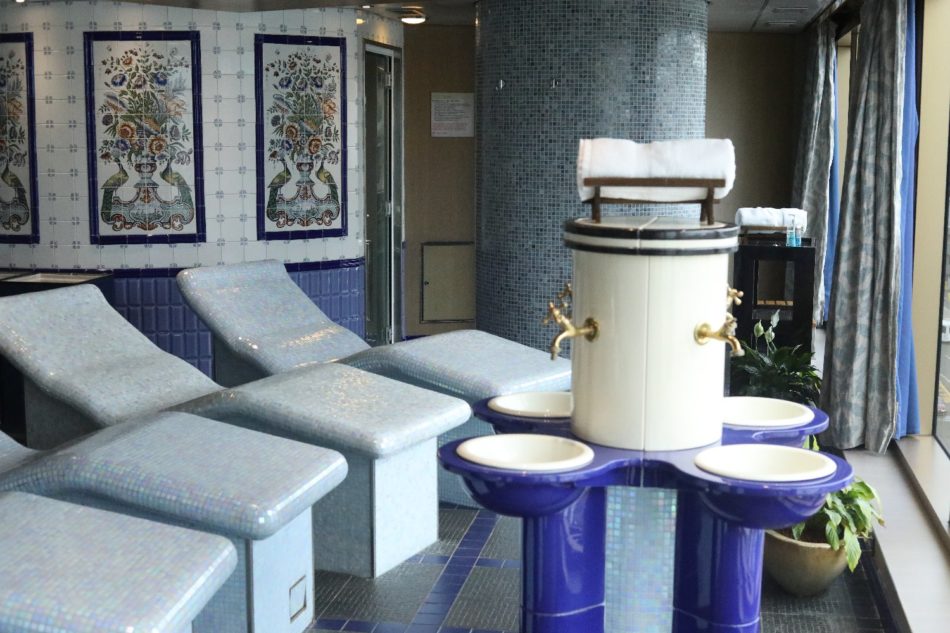Most people spend a lot of their time in cars. We drive to work, to get the groceries, to pick children up from school, and to go on trips and vacations. It makes sense, therefore, that car accidents are as common as they are. While most accidents are little more than fender benders that might result in a bit of embarrassment and a bill at the end of the day, some crashes can be much more severe.
Here is some advice to help you avoid accidents where possible and to help you deal with the aftermath, both immediately and as you recover.
Reducing the Risk and Severity of Accidents
The first thing to note is that you can’t prevent every accident. Sometimes things happen, even if you did everything right. However, while this is the case for some accidents, there are some steps you can take to reduce the chances of a crash.
The first thing that everyone should do is drive a roadworthy car. Get your vehicle regularly checked by a mechanic to make sure that there aren’t any issues that could result in mechanical failure. This, in turn, massively reduces the likelihood of a crash. If you can trust the car you drive, you know that you can react more quickly to mitigate an accident. On the other hand, if the steering is off and the brakes don’t work properly, you might not be able to avoid potential dangers in time.
Another thing to consider is your own driving. Driving drunk or under the influence of drugs enormously increases the risk of an accident, as your reaction speed and decision making skills are compromised. There’s a reason why this is illegal in many countries.
You should also pay attention to the weather and road conditions when you drive. Adverse conditions are much more dangerous to drive in, and sometimes it’s safer not to take the risk at all.
Some people also take advanced or defensive driving courses. Once you have a license, you can continue to learn how to drive more safely. Defensive driving focuses on being more aware of other cars on the road and being able to react more quickly and effectively to dangers that crop up. You might still crash, but you can do so more safely because you know the best way to regain control of your vehicle.
It’s also helpful to have supplies in your car in case you do crash or break down. A first aid kit, as well as some basic training so you know how to use it, can patch up small injuries or help you look after someone who is more seriously injured until help arrives. Water and blankets are also useful, and a torch and hazard cones can help you attract attention and make sure other drivers don’t collide with your car or any debris.
Safety After a Crash
Let’s put yourself in the situation where you’ve done everything you can to prevent a crash and mitigate the danger, but you’ve still been involved in an accident. What do you do next?
The first thing to do is to make sure that you’re healthy and get to safety. Check on others in the car as well and get away from the car. Depending on the crash, the car could be an unsafe environment in and of itself, and other cars could crash into your stationary vehicle. If you can’t move or if a passenger can’t get out safely, stay put.
Neck and spinal injuries are very common in car accidents, so if someone is unconscious and can’t move in their own power, you could risk further injury by dragging them out of the car.
You should then contact emergency services as soon as possible. Police can control the scene and keep other drivers safe, as well as making a report about the accident. Paramedics can check on people on the site, provide emergency medical care, and transport them to the hospital. Fire and rescue teams can get people out of cars if they are trapped.
Insurance and Contact Details
Once it’s safe to do so, you should take a record of the scene, your injuries, and any other damages. This makes it much easier for you to claim on your insurance. Take photographs and videos so it’s easier to describe what happened.
It’s also a good idea to get the contact information of the other people involved in the crash, as well as witnesses to the event. The police will also provide a report later down the line. Call your insurance as soon as it’s appropriate and safe. If you’re still dealing with the immediate aftermath and the scene isn’t secured, it can wait a while.
But the sooner you start the process of getting your insurance involved, the better. It’s also a good idea to contact your work and any friends or family members who can help you after the crash. Adrenaline might make it so you feel okay in the moment, but a crash can be shocking even if you were uninjured.
Car Repairs and Towing
As part of the insurance claim, you need an accurate description of the damage to your car. In a minor crash, you might be able to drive the car away. But you don’t know the damage done to the vehicle, so it could also be unsafe to drive.
The best option is to get the car towed to the nearest mechanic shop or back to your home. This clears the scene and allows you to retrieve your vehicle.
From there, a mechanic can check your car over to see if it’s worth repairing. They will also put together a more detailed report of the damages for your insurance company. While your car is being repaired or inspected, you can get a courtesy car from your insurance provider or get a lease car so you can still get around.
If the car is too badly damaged and no longer safe to drive, it will be written off. You will then need to replace the vehicle completely.
Recovering Physically
Some injuries are more obvious than others. As mentioned before, adrenaline is a powerful hormone. People have been known to stand and walk on broken bones and torn ligaments and not realize they’re badly injured until the next day.
Other injuries take even longer to become obvious. It’s usually worth getting a checkup after your car accident to make sure you haven’t been injured or, if you have minor injuries, to get any treatment you need. An injury is also important to any claims you might have to make later down the line.
The important thing is to follow the medical advice of the doctors who treat you. Some injuries take a long time to heal, if they heal completely at all. Physical therapy can help you regain strength and function, as well as relearn how to use your body to compensate for certain injuries. Water exercises like swimming that support your joints are also a good way to build strength and stamina.
If you push yourself too hard, you risk slowing your recovery. But the same applies if you don’t push yourself at all. Find the balance and try to be realistic with your recovery.
Recovering Mentally
For some people, the trauma of a serious crash is worse than any physical injury. Car crashes are a very common cause of PTSD, as you relive the moment again and again. Even if you weren’t injured, you might have genuinely thought you were going to die, or you might have seen someone else get seriously hurt.
Mental wounds also need time and treatment to recover. How you deal with trauma can have a huge impact on the quality of your life and your ability to move forward.
As a general rule, keeping everything bottled up can be dangerous and unhealthy. There’s a difference between moving on from something and just never properly processing it. Allow yourself to feel and talk to people. If necessary, seek mental health care to help you with the tools to cope.
Recovering Financially
Car crashes have one thing in common, they cost money. For some people, the financial hit is incredibly painful. If you can no longer work in your career due to injuries or mental health problems resulting from the crash, you might be even more affected.
While money doesn’t heal broken bones, it can help your life and treatment. If the accident wasn’t your fault, you might be able to file a personal injury case and receive compensation. Your insurance company should also pay out for some of the damages, which allows you to recover more quickly.
Financial compensation can give you and your family your lives back. You can retrain for different work or pay for mobility aids and treatments that give you more independence. You can get a new vehicle if you need it. You can also look after your family and any children you support, even if you struggle to earn money.










Leave a Reply